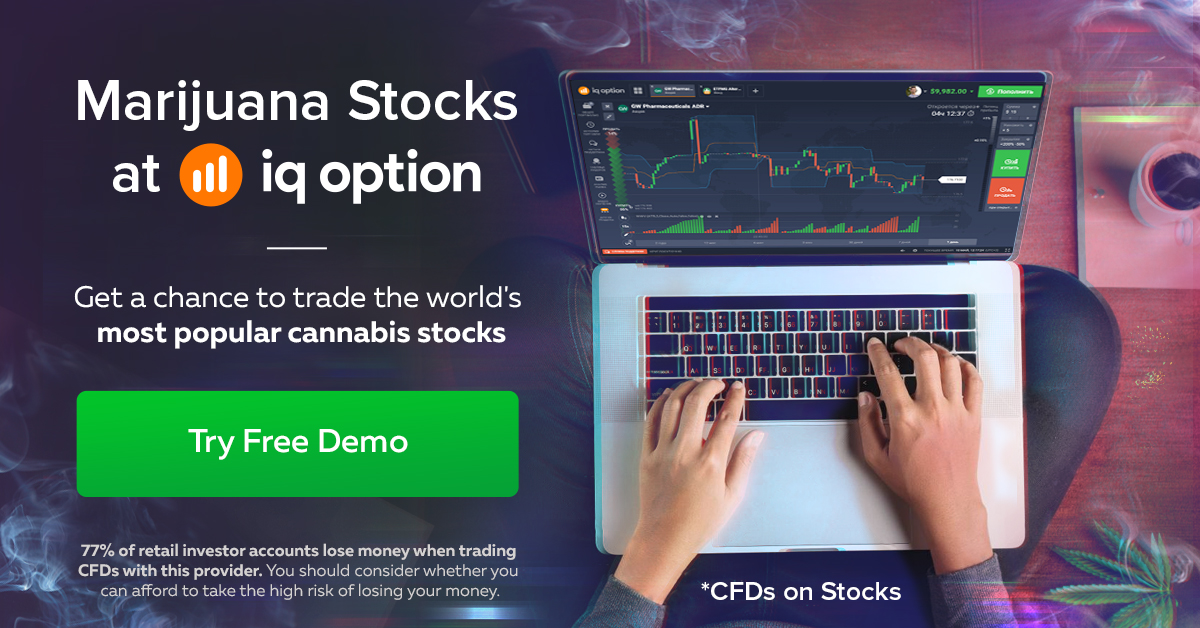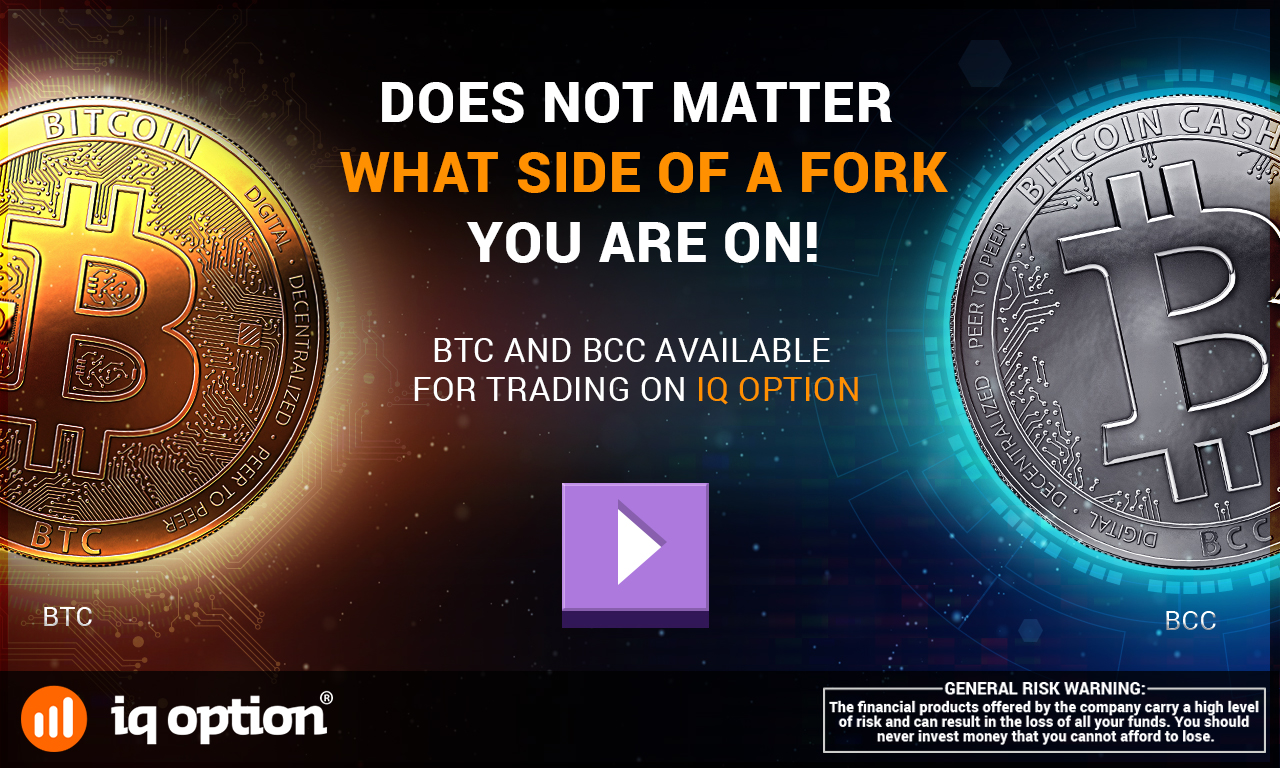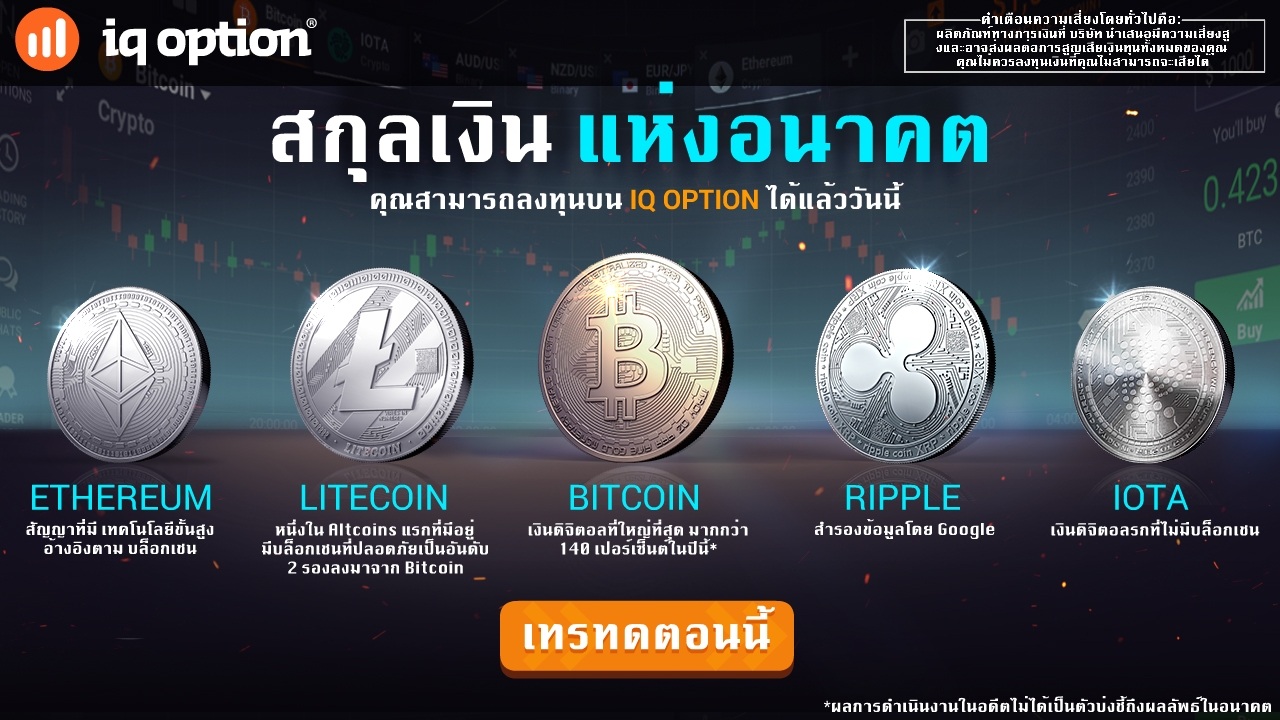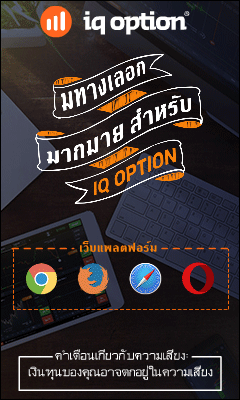What you ought to know about the history of money
Part II
[IQ OPTION 2019-2020-2021]
“General Risk Warning: The financial products offered by the company carry a high level of risk and can result in the loss of all your funds. You should never invest money that you cannot afford to lose.”
“คำเตือนความเสี่ยงทั่วไป: ผลิตภัณฑ์ทางการเงินที่
"คำเตือนเกี่ยวกับความเสี่ยง : การเทรด Binary Options อาจไม่เหมาะสำหรับทุกคน ดังนั้น กรุณาทำความเข้าใจเกี่ยวกับความเสี่ยงที่เกี่ยวข้องให้ดีก่อนการตัดสินใจลงทุน"
"The investment risk. Prospectus carefully before investing "
“การลงทุนมีความเสี่ยง ผู้ลงทุนควรศึกษาข้อมูลก่อนตัดสินใจลงทุน”
 |
| Shine bright like….gold! |
The Rise and Fall of Gold
Slowly but surely the world caught on and paper money got adopted all over the globe. Each country wound up with their own currency. Britain had Pounds, Italy had Lyras, France had Francs… you get the idea. You’d think international trade would be a problem, but it wasn’t. Even though sailing about with chests of gold was no longer an option, paper money could easily be exchanged thanks to what’s known as “The Gold Standard”.
The Gold Standard is a monetary system, in which a country’s standard unit of currency is pegged against a fixed quantity of gold and the government guarantees a fixed exchange rate to the currency of another country that uses a gold standard.
All seemed well for a while. Even the countries that historically used silver as the basis of their currency switched over to gold. But then the 20th century rolled around and it turned out to be a truly trying time for most global economies. World War I took a toll on Europe: most countries couldn’t handle the war expenses with their currencies being firmly attached to gold – there simply wasn’t enough of it. Detaching the paper money from the gold standard meant a country could simply print the amount they needed so badly.
The only two currencies that were still going strong were the American Dollar and the British Pound. Those two became the new staples of international exchange, with majority of countries favoring the Pound. Although it may seem flattering, the imbalance caused a so called “run on Pound” – everybody wanted it so bad, that the British were at risk of running out of their own money. Naturally, they too had to abandon the Gold Standard for a chance to print more Sterlings.
And then the world was shaken up once again. World War II left the global economy a complete mess! To bring it to order the world leaders had to rethink the way currencies were being converted into one another. That is when the Bretton Woods system was established. It was an international agreement, setting the permanent exchange rate of all currencies against a key one.
You guessed it – the American Dollar, the last currency sticking to the Gold Standard.
 |
| Key currency |
That agreement stabilized the exchange rates for some time, but as major economies of the world started to grow at different speeds, the fixed rates eventually became obsolete. In 1971 the United States finally abolished the Bretton Woods system and the global currency market started to move towards universal convertibility. From that point on, any currency could be valued in units of any other currency bypassing gold or any other medium and that…marked the end of an era.
Digital Money
So, money has been liberated from gold. And it was around that time when it started shedding its physical form as well.
First came the credit cards. The earliest ones date back to the 1940’s. John Biggins – a banker from Brooklyn (New York) – introduced a card he called “Charge-It” in 1946. When a customer used it to make a purchase, the bill would get forwarded to Biggins’ bank. Sounds neat, except in order to take advantage of a “Charge-It” one had to have an account at that bank and the purchases could only be made locally.
“The Diners Club Card” was the next step in credit cards. A small piece of cardboard, it was used mainly for travel and entertainment purposes. Technically, it was more of a charge-card, as the bill would be sent to the cardholder directly and had to be paid by the end of the month.
In 1959, American Express introduced the first card made of plastic and it was also the first one to provide credit overseas.
 |
| First Amex card design |
Back then, the credit cards functioned within a “closed-loop system” between a customer, a specific bank and a merchant.
Things started to shift in 1966, when the Bank of America established the BankAmericard brand later to be known as…Visa. That same year, a national credit card system was formed when a group of credit-issuing banks joined together and set up the InterBank Card Association, presently known as MasterCard. Both Visa and MasterCard started issuing credit cards through member banks, slowly weaving a global web of interconnected banks.
From that point on, the credit cards became part of the open-loop system, meaning that a merchant’s bank could charge the customer’s bank through interbank cooperation.
The rapid development of communication and computer technology fueled a revolution in banking. The creation of Internet enabled any computer to share information with any other computer on the network in an instant, which means interbank transactions could now be processed in milliseconds. The humanity entered the Era of Digital money and the way we work, play and shop has changed forever.
Fun Fact:
The first documented online purchase was a pepperoni pizza with mushrooms and extra cheese from Pizza Hut. It happened back in 1994.
So long, paper money! Hello, smartcards, online banking, digital currencies and even paying with your phone or a wristwatch. Money has come a long way: from seashells to bits of data, the mere digits in the banking universe. And you know what the best part of it all is? If it wasn’t for this technological leap, we wouldn’t be enjoying online trading and withdrawing our profit in a matter of seconds. Although, let’s face it – being able to pay for a pizza with you phone is great too.
Was it interesting? Give us a Like on 9binaryoptionstrading and here is where you can register a free demo account and grow your digital balance.
Have not see the Part 1, please read here.
General risk warning: investing involves a high degree of risk.
CLICK !!! What is IQ Option?
 |
| IQ OPTION |
Basic information about IQ Option:
Regulation: CySEC, FCA, REGAFI, Consob (CySEC regulation is only for European clients!)
 |
| New to the IQ Option trading platform |
Registration frames
** ใครมีคำถาม สงสัย พูดคุยกันได้ที่ Comment ด้านล่างนะครับ ผมตอบเรื่อยๆ ครับ
เทรด Forex และ Binary Options ไม่ใช่เรื่องยาก เราสามารถเปิดเป็นพอร์ตทดลอง Forex Demo หรือ Binary Options Demo เทรดไปก่อน เพื่อเรียนรู้และฝึกฝนฝีมือ โดยที่ไม่มีค่าใช้จ่ายใด ๆ เมื่อพร้อมแล้วค่อยลงทุนจริงก็ได้ มีโบรกเกอร์ที่ผมแนะนำด้านล่างนี้เลยครับ ระบบเสถียรดีและฝากถอนเงินง่ายครับ======================================
เราแบ่งปันมุมมอง ความคิด จากประสบการณ์ที่ผ่านมาในอดีต และเรื่องที่สนใจในปัจจุบัน รวมทั้ง ความคาดหวังที่ต้องการให้เกิดขึ้นในอนาคตผ่านตัวหนังสือ รูปภาพ และวีดีโอ
** ใครมีคำถาม สงสัย พูดคุยกันได้ที่ Comment ด้านล่างนะครับ ผมตอบเรื่อยๆ ครับ
เทรด Forex และ Binary Options ไม่ใช่เรื่องยาก เราสามารถเปิดเป็นพอร์ตทดลอง Forex Demo หรือ Binary Options Demo เทรดไปก่อน เพื่อเรียนรู้และฝึกฝนฝีมือ โดยที่ไม่มีค่าใช้จ่ายใด ๆ เมื่อพร้อมแล้วค่อยลงทุนจริงก็ได้ มีโบรกเกอร์ที่ผมแนะนำด้านล่างนี้เลยครับ ระบบเสถียรดีและฝากถอนเงินง่ายครับ
======================================
เราแบ่งปันมุมมอง ความคิด จากประสบการณ์ที่ผ่านมาในอดีต และเรื่องที่สนใจในปัจจุบัน รวมทั้ง ความคาดหวังที่ต้องการให้เกิดขึ้นในอนาคตผ่านตัวหนังสือ รูปภาพ และวีดีโอ
เราแบ่งปันมุมมอง ความคิด จากประสบการณ์ที่ผ่านมาในอดีต และเรื่องที่สนใจในปัจจุบัน รวมทั้ง ความคาดหวังที่ต้องการให้เกิดขึ้นในอนาคตผ่านตัวหนังสือ รูปภาพ และวีดีโอ
/// SUBSCRIBE WEB ///
ช่องแนะนำโบรกเกอร์ไบนารี อันดับ 1 ของไทย IQ Option - - http://www.9binaryoptionstrading.com/
ช่องแนะนำโบรกเกอร์ IQ Option สำหรับผู้เริ่มต้น - - https://9binaryoptionsfirsttime.blogspot.com/ช่องเกี่ยวกับโบรกเกอร์ Binary Options - - https://9binaryoptions.blogspot.com/ช่องเกียวกับโบรกเกอร์ Forex - - https://9forexbroker.blogspot.com/ช่องเกี่ยวกับการสมัคร Affiliate Binary Options - - https://iqoptionthailandbinarysiam.blogspot.com/ช่องเกี่ยวกับ Binary Options ภาษาต่างประเทศต่างๆ- - https://9iqoptiontraderallnational.blogspot.com/ช่องเกี่ยวกับการฝากเงินด้วย Skrill - - https://skrillthailand.blogspot.com/ช่องเกี่ยวกับการฝากเงินด้วย Neteller - - https://neteller-thailand.blogspot.com/
- - ขอบคุณมากครับผม - - Thanks - -
"โชคดีสร้างและส่งต่อกันได้ เราทำให้คุณโชคดีได้"
แบ่งปันสุดหัวใจ ขอให้คุณโชคดี
Admin
/// SUBSCRIBE WEB ///
ช่องแนะนำโบรกเกอร์ไบนารี อันดับ 1 ของไทย IQ Option - - http://www.9binaryoptionstrading.com/
ช่องแนะนำโบรกเกอร์ IQ Option สำหรับผู้เริ่มต้น - - https://9binaryoptionsfirsttime.blogspot.com/
ช่องแนะนำโบรกเกอร์ IQ Option สำหรับผู้เริ่มต้น - - https://9binaryoptionsfirsttime.blogspot.com/
ช่องเกี่ยวกับโบรกเกอร์ Binary Options - - https://9binaryoptions.blogspot.com/
ช่องเกียวกับโบรกเกอร์ Forex - - https://9forexbroker.blogspot.com/
ช่องเกี่ยวกับการสมัคร Affiliate Binary Options - - https://iqoptionthailandbinarysiam.blogspot.com/
ช่องเกี่ยวกับ Binary Options ภาษาต่างประเทศต่างๆ- - https://9iqoptiontraderallnational.blogspot.com/
ช่องเกี่ยวกับการฝากเงินด้วย Skrill - - https://skrillthailand.blogspot.com/
ช่องเกี่ยวกับการฝากเงินด้วย Neteller - - https://neteller-thailand.blogspot.com/
- - ขอบคุณมากครับผม - - Thanks - -
"โชคดีสร้างและส่งต่อกันได้ เราทำให้คุณโชคดีได้"
แบ่งปันสุดหัวใจ ขอให้คุณโชคดี
Admin














































Walang komento:
Mag-post ng isang Komento
Maaari kang mag-post ng mga komento sa seksyong ito.